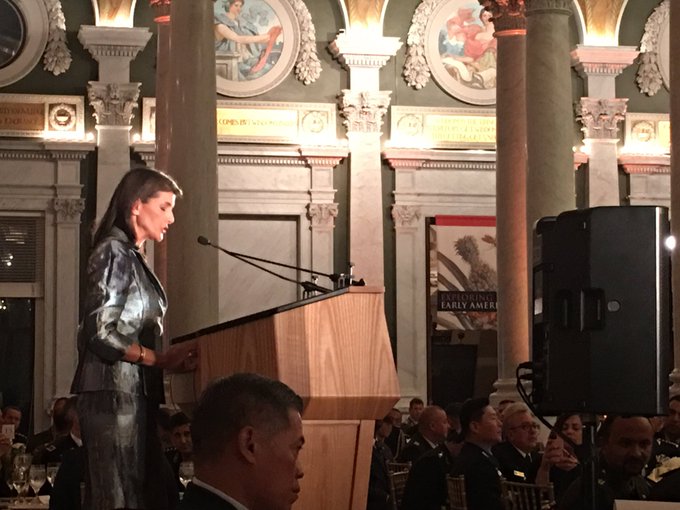On Tuesday evening, China’s main state television network, CCTV, broadcast a current affairs program in prime time that praised the camps and depicted them as caring, happy places. It showed a class of Uighur students reading out a Chinese lesson titled, “I am a law-abiding citizen.”
“After a year plus of denial, the Communist Party has decided to get out in front of the story, and put forward its own view over the legality and the nature of these detention camps,” James Leibold, an expert on Xinjiang at La Trobe University in Australia, said by email. “The party’s central leadership now seems determined to ‘standardize’ and ‘legalize’ their approach.”
Mr. Zakir’s comments appeared to be part of China’s preparations for an international meeting that could put the camps under further scrutiny. At a meeting of the United Nations Human Rights Council in early November, foreign governments will have a chance to question officials from Beijing about the detention program and other intrusive security measures affecting Muslim minorities.
“This meeting is a very important occasion to raise the camp issue,” Dolkun Isa, the president of the World Uyghur Congress, an exile group based in Germany, said by telephone. (Uyghur is an alternative spelling of Uighur.) “China has denied the camps, but now it’s something that they just cannot hide.”
Western governments have indicated that Xinjiang will be a priority at the Human Rights Council meeting in Geneva.
“We are deeply concerned by credible reports pointing to a serious deterioration of the human rights situation” in Xinjiang, Federica Mogherini, the European Union’s high representative for foreign affairs and security policy, told the European Parliament earlier this month.
Last week, a bipartisan panel in Washington issued a report condemning the indoctrination camps. Lawmakers on the panel, including Senator Marco Rubio, proposed legislation that would punish China for the detention program.



Leave a Comment